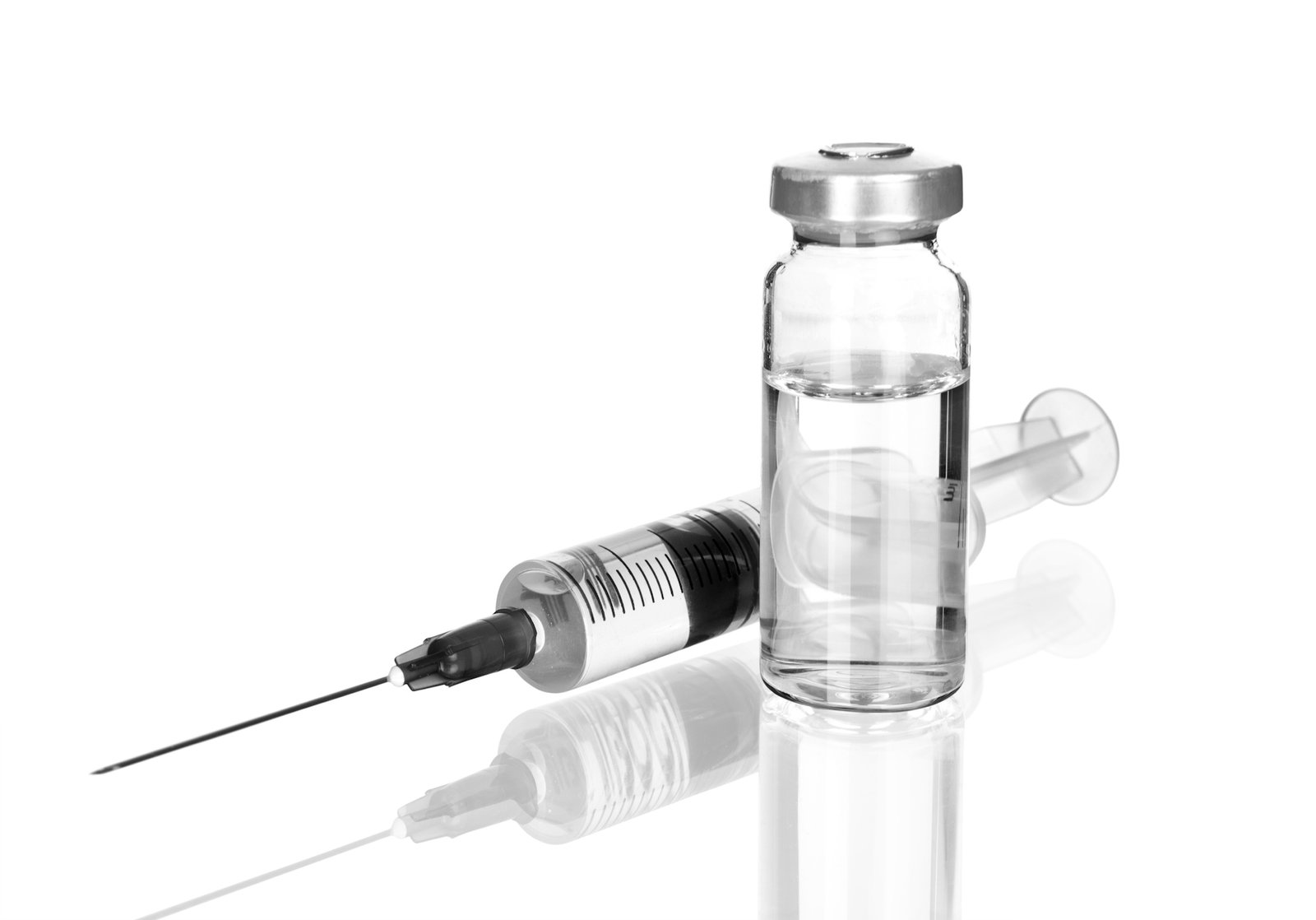
Image credit: shutterstock
The Bill & Melinda Gates Medical Research Institute (Gates MRI) has announced that a Phase 3 clinical trial to assess the efficacy of the M72/AS01E tuberculosis (TB) vaccine candidate is now underway, with first doses given in South Africa, where TB takes a heavy toll.
If shown to be well-tolerated and effective, M72/AS01E could potentially become the first vaccine to help prevent pulmonary TB in adolescents and adults, the most common form of the disease, and the first new TB vaccine in over a century.
The M72/AS01E vaccine candidate has been in development since the early 2000s. It was originally designed and clinically evaluated by the biopharma company GSK up to the proof-of-concept phase (Phase 2b), in partnership with Aeras and the International AIDS Vaccine Initiative (IAVI) and was funded by GSK and in part by the Gates Foundation. In 2020, GSK announced a partnership with the Gates MRI for further development of M72/AS01E. GSK continues to provide technical assistance to the Gates MRI, supplies the adjuvant component of the vaccine for the Phase 3 trial and will provide the adjuvant post licensure should the trial be successful.
At full capacity, the trial will include up to 20,000 participants, including people living with HIV, at up to 60 trial sites in seven countries — South Africa, Zambia, Malawi, Mozambique, Kenya, Indonesia and Vietnam. Participants will receive either the investigational M72/AS01E vaccine or a placebo in what is known as a double-blind trial, meaning neither the trial participant nor the clinical investigators will know who receives vaccine or placebo. This approach is considered the gold standard for evaluating the safety and efficacy of an investigational vaccine.
It is anticipated that it will take up to five years to complete the trial, followed by data analysis and then preparation for submission of data to regulatory authorities.




